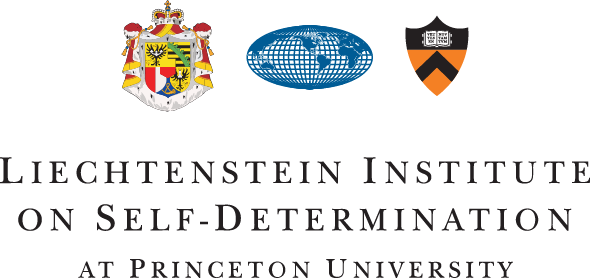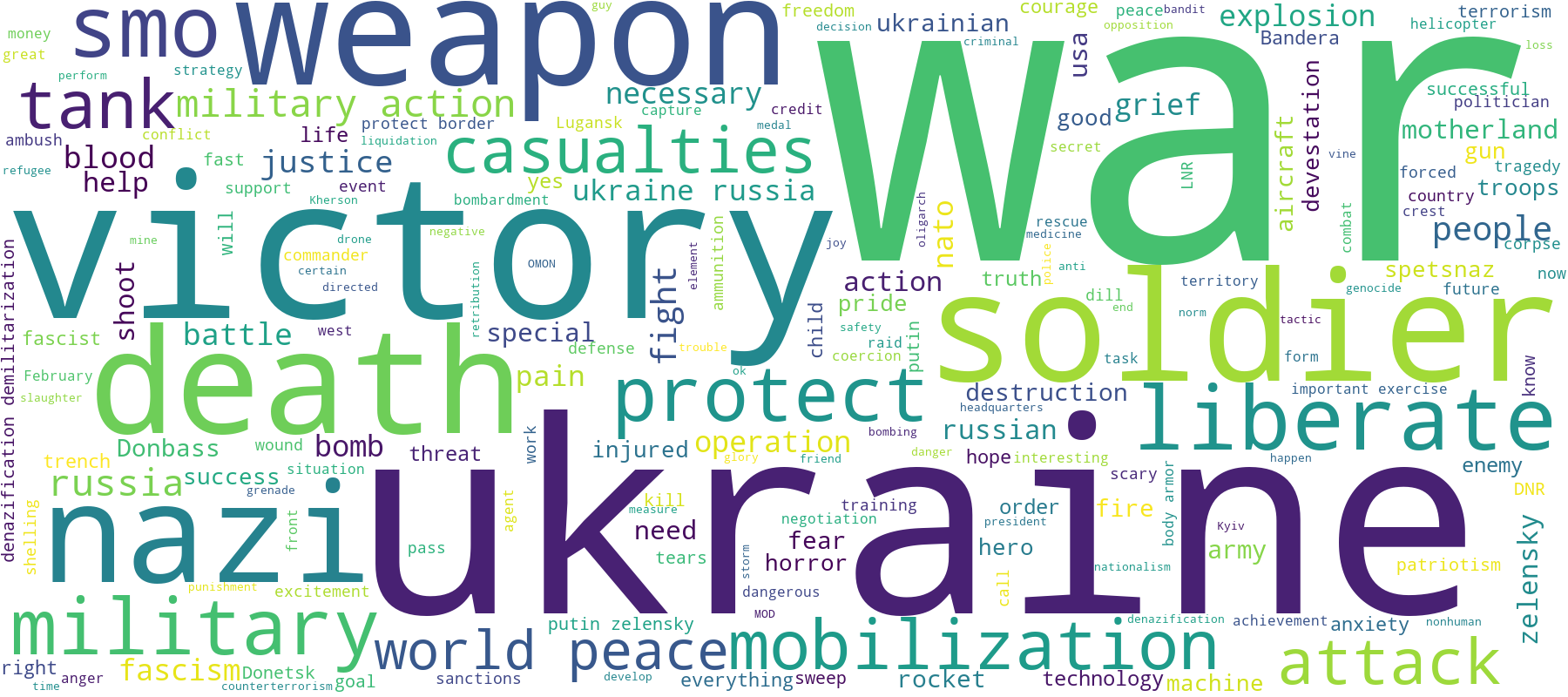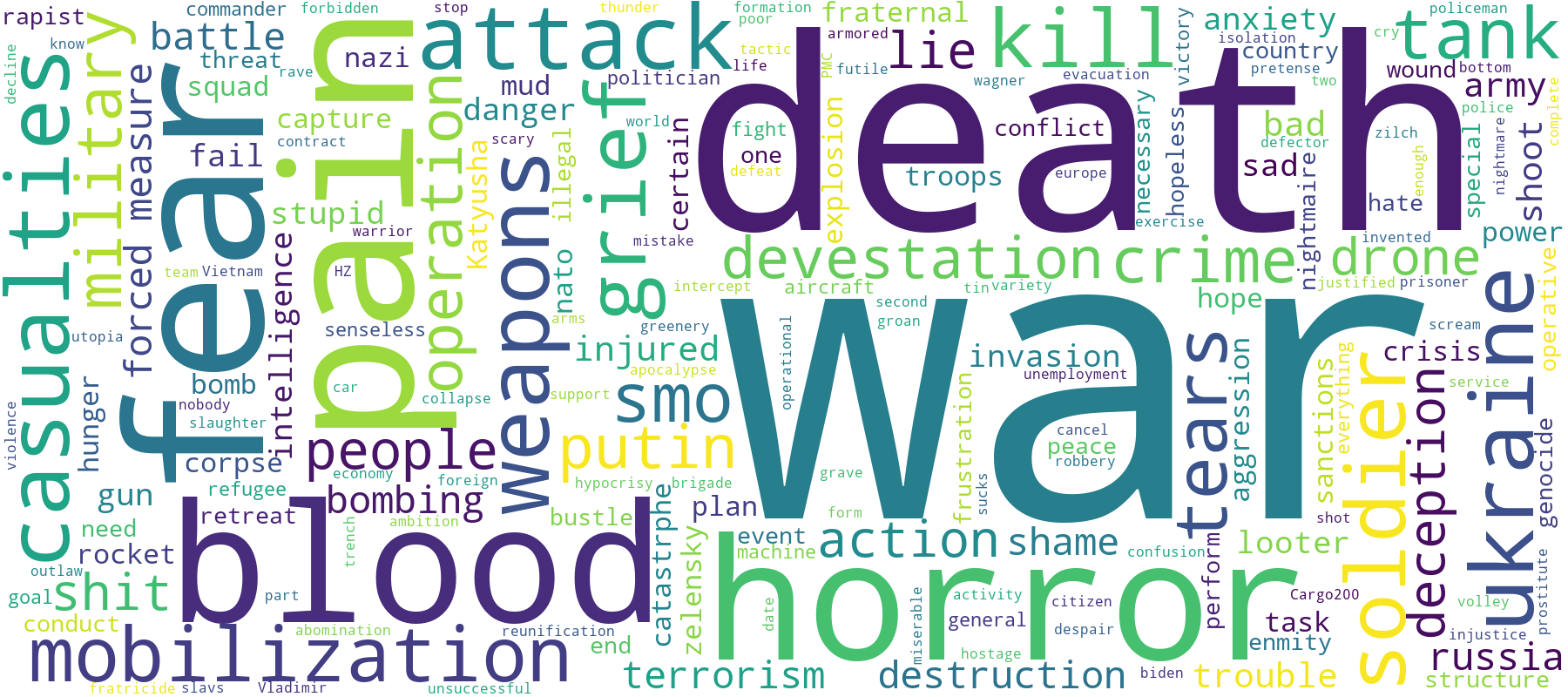The Russia Watcher team is pleased to announce a new working paper, with generous support from Princeton’s LISD and the NSF. We study effects of anti-...
Read More
The estimates in this plot differ from those previously displayed on our website because they include non-response in the denominator of the estimate. We made this change after results showed that most non-respondents are genuinly uncertain about the war rather than people who have an opinion but choose not to express it.

In a word association test, we asked respondents to list the first three words that came to their mind when they read the word "спецоперация." This figure shows the words that war supporters gave with the size of the word scaled by its frequency.

Our evidence so far suggests that we can. We use multiple methods including list experiments, questions about perceived political sensitivity, and others to test whether Russian respondents are answering questions about the war honestly rather than responding to political or social pressures, and we have not been able to find evidence that our respondents are not telling the truth. You can read more about these tests here.
The Russia Watcher team is pleased to announce a new working paper, with generous support from Princeton’s LISD and the NSF. We study effects of anti-...
Read MoreWhile aggregate-level trends remain largely stable since the outbreak of Russia’s war in Ukraine, we see a decline in strong support for the war, whic...
Read MoreAt the outbreak of the war, we saw many countries imposing sanctions on Russian firms and individuals with the express purpose of weakening the econom...
Read MoreThe four most popular sources of information about the war are: TV, internet publications, social media, and family/friends. Radio and newspaper are f...
Read More